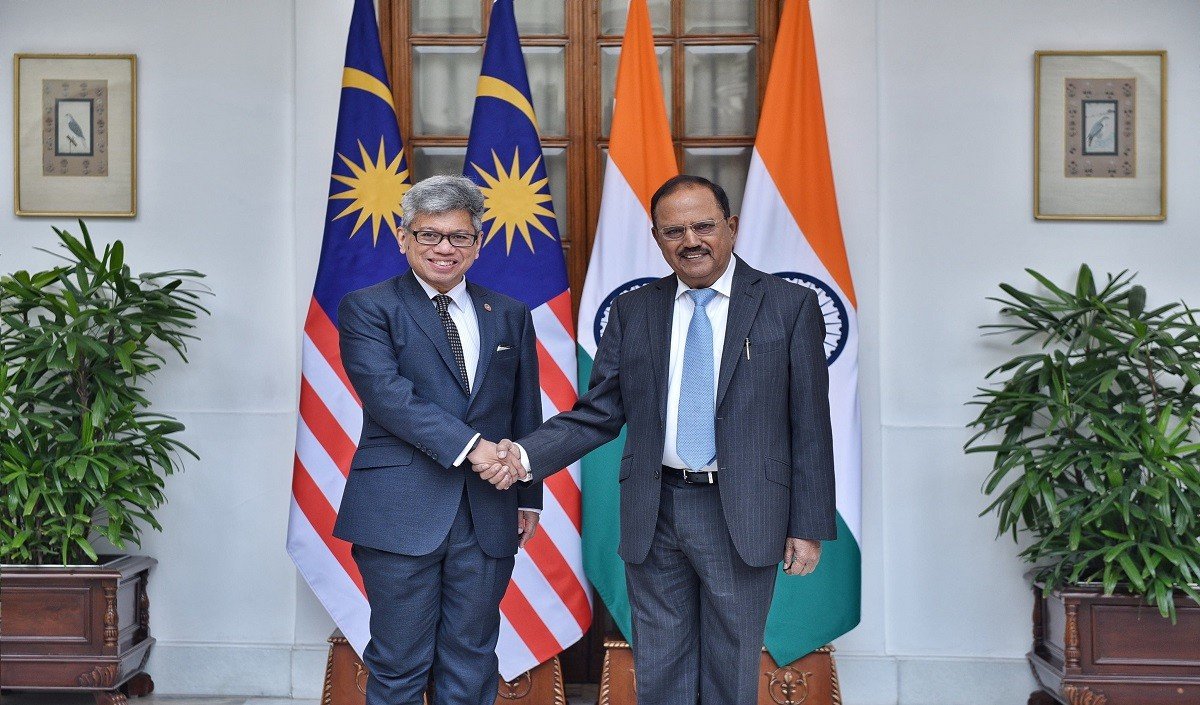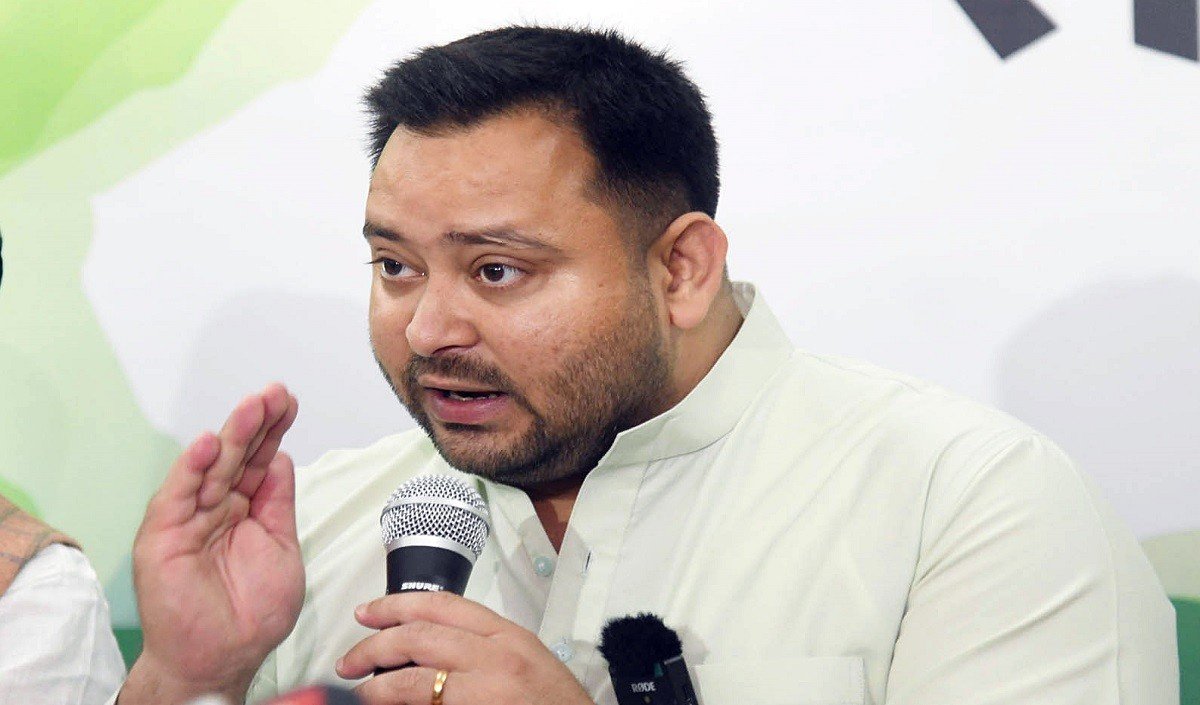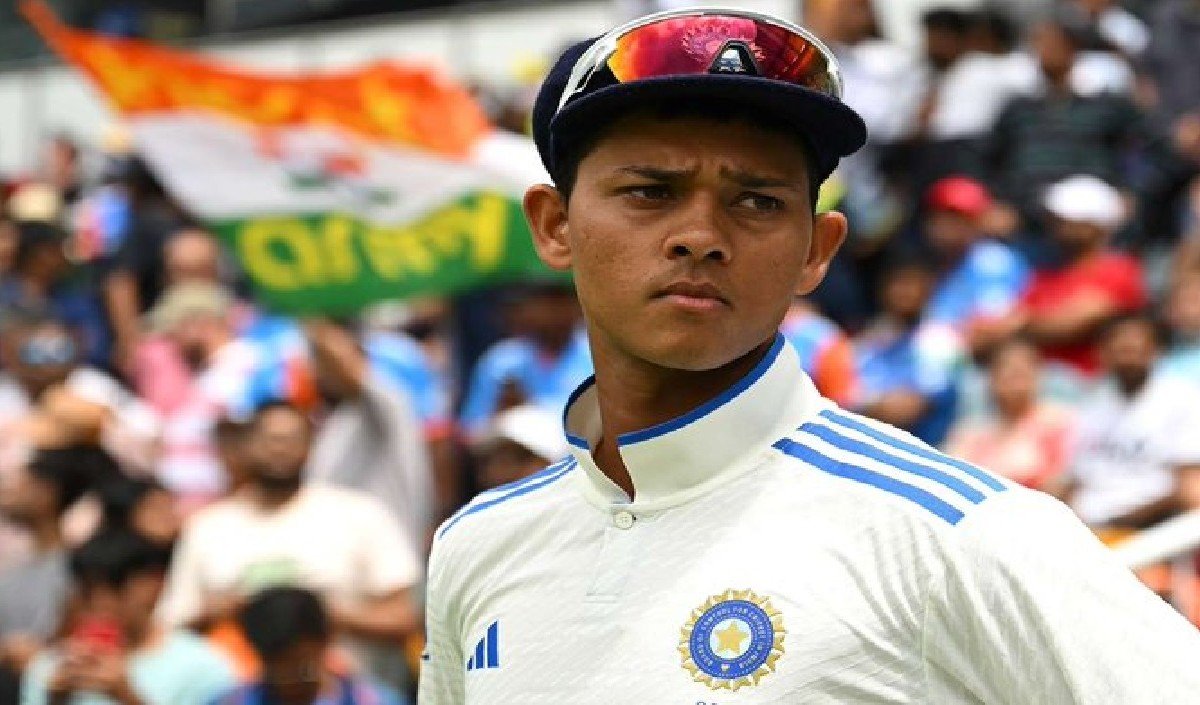With the introduction of the bill related to One Nation One Election by Union Law Minister Arjun Ram Meghwal in the Lok Sabha on December 17, a step will be taken towards holding simultaneous elections of the Lok Sabha and the Legislative Assemblies of all the states in the country. However, the government has been expressing its intention to send this bill to the parliamentary committee so that serious brainstorming and reflection can be done through the parliamentary committee. However, in the ongoing steps towards one country, one election, the process of local body elections is still pending, on which the government has not yet shown seriousness and the reason for this is that the bill for that proposal will have to be passed by the legislative assemblies also. Well, if Lok Sabha and Assembly elections are held simultaneously, even if the opposition including Congress is protesting, it should be considered that this will be a step in the right direction. It is not that this is a new thing for Indian democracy, but since the time of independence, emphasis has been laid on holding simultaneous elections in the country. The elections of 1952, 1957, 1962 and 1967 are examples of this. The process of dissolution of Assemblies that started in 1968 changed the entire situation and after that, Lok Sabha and Assembly elections started being held separately. Only consider convenience, otherwise the ill effects of different elections become more visible. This is not just limited to government and non-government expenditure on elections but holding different elections is causing not just one but many problems.
Due to separate elections for Lok Sabha and Legislative Assemblies, the elected government remains paralyzed for about a year. This can be understood from the elections of other states including Rajasthan. However, this is just an example and applies equally to all states. Rajasthan Assembly elections are held in November-December. As soon as the government is formed, it is able to decide its priorities till the time it has to start preparing the budget because now the budget sessions have started taking place in February itself. Due to Lok Sabha elections in May-June, the issue of implementing the code of conduct is postponed from April itself and then about one and a half month’s time is dedicated to the code of conduct. Shortly after this, or rather, while dealing with the changed budget, the time comes for the government to hold elections for local bodies and Panchayati Raj institutions and due to this, a long time is wasted in following the code of conduct due to these elections. In the meantime, if one or the other by-election comes, the elected government also has to suffer its consequences. As the fourth year nears completion, the government starts taking hasty decisions and by the time the time comes for their implementation, the election code of conduct is imposed. In this way, one thing becomes clear that more or less one year of the democratic government elected for five years is lost to the election code of conduct. This is just an example of the influence of the actions of the government elected by the democratic people.
Also read: Unity visible in NDA on One Nation-One Election, INDIA Bloc is raising questions
Now due to separate elections, government and non-government expenditure on elections can also be taken into account. In the first election of 1952, the expenditure incurred by the government and non-government, including the political parties and those contesting the elections, was around Rs 10 crore. 10 thousand crore rupees in the 2010 general elections. It is believed that the expenditure will touch Rs 55 thousand crore in 2019 and Rs 1 lakh crore in the general elections of 2024. This includes the expenditure incurred by the Election Commission, administrative arrangements as well as political parties and candidates. However, since 2014, after the coming of Modi government, the discussion on one country one election had started. In 2017, NITI Aayog found it suitable and in 2018, while addressing the joint session of Parliament, the then President Shri Ram Nath Kovind called it the right direction. In September 2023, a 6-member committee was formed under the chairmanship of former President Ramnath Kovind and after holding 65 meetings, a report of 18626 pages was presented to President Draupadi Murmu on March 24 this year. If all these recommendations are implemented, 18 amendments will be required. However, the government seems to be taking steps in the direction of holding elections for one part i.e. Lok Sabha and Legislative Assemblies simultaneously. And it is believed that the elections of 2029 will be held under the new system i.e. one country, one election, one nation, one election. Although the Election Commission and governments will have to make a lot of efforts for this, but once this process starts, it will be considered a good sign for democracy.
Political parties are expressing doubt that this will threaten the existence of small and local parties. With this the voting pattern will be affected. While there is talk of maintaining law and order in elections and installing more machinery for elections, doubts are also being expressed about the expenses and the requirement of basic facilities like EVM machines, VVPAT machines, their maintenance and other necessary resources. However, the way the Election Commission has assessed the resources and conveyed its requirements to the government, it seems that the Election Commission is also mentally fully prepared for One Nation One Election. The Election Commission has estimated an expenditure of Rs 7951 crore in the 2029 elections. Other expenses including political parties and candidates will be different. One Nation One Election also has positive aspects and they cannot be taken lightly. One Nation One Election is not a new thing for our country, similarly elections are being held simultaneously in other countries of the world like Germany, Japan, South Africa, Sweden, Indonesia, Philippines etc. The Kovind Committee has also considered Germany’s election pattern as better and exemplary. Well this is a different matter.
One thing should be made clear that due to simultaneous elections, resources will have to be mobilized once but after that the arrangements will be ensured. After more than 75 years of independence, the apathy seen among voters will definitely reduce. Even though political parties are protesting today, with simultaneous elections they too will have to put in less effort and struggle only once. From promotional material to promotional campaigns, it can be conducted easily. With planned efforts, campaign campaigns of Assembly and Lok Sabha candidates will be conducted simultaneously, due to which political parties will have to spend less on recurring expenses due to separate elections. Elected governments will not have to go through the crisis of code of conduct again and again and the government will get more time to work. Due to simultaneous elections, more polling booths will have to be built and more machinery will have to be installed, but it will also be convenient for the voters and the machinery conducting the elections. One thing is that the activities of anti-social elements will also be reduced to a great extent. This will result in saving of government resources, reduction in interruptions in government work due to repeated deployment of human resources, and directly or indirectly, there will be reduction in expenses by holding simultaneous elections instead of repeated elections. If seen, One Nation One Election can be considered a step towards strengthening democracy and democratic systems.
– Dr. Rajendra Prasad Sharma



